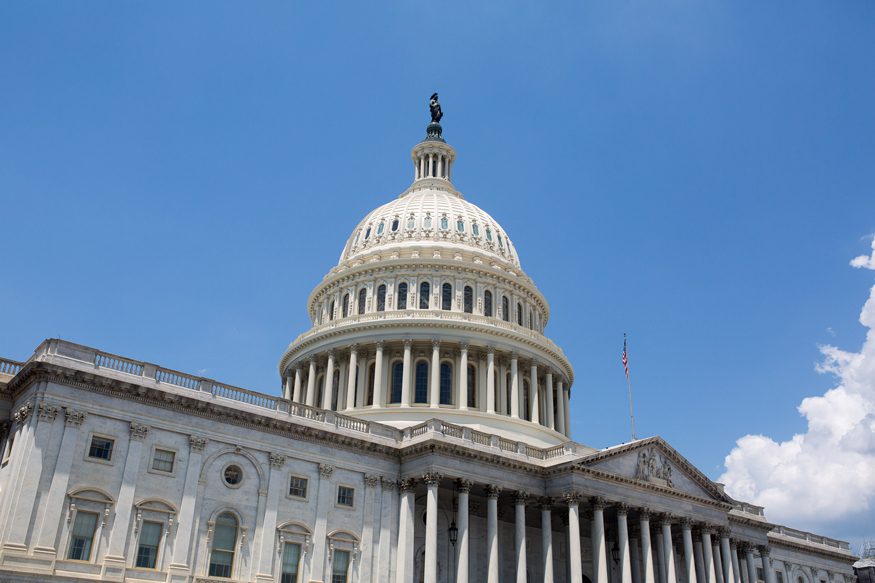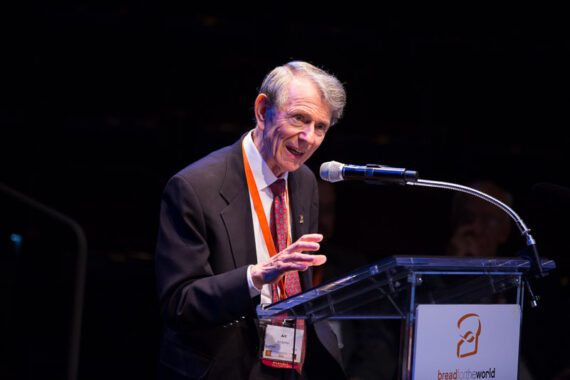Washington, D.C. – Bread for the World today joined the call made by Rev. Dr. William Barber II of the Poor People’s Campaign for a presidential candidate debate focused on poverty. The following statement can be attributed to Rev. David Beckmann, president of Bread for the World:
“I join Rev. Barber’s call for Democratic and Republican party leaders to each host a presidential debate focused on poverty. Candidates must speak directly to the reality of poverty in our nation and the world. The scriptures clearly state the plight of people living in hunger and poverty should be a priority concern for national leaders. And I applaud Rev. Barber’s plea for the presidential candidates to say the word ‘poverty.’
“Again, this presidential election cycle, I am joining with scores of diverse Christian leaders from the Circle of Protection in asking each presidential candidate – Democrats and Republicans – to produce short video statements outlining their plans to offer help and opportunity for people experiencing hunger and poverty in the U.S. and around the world. We will make the videos available so that the American people have the opportunity to compare and contrast each candidate’s plan.
“Ending hunger and poverty should be a part of the national debate, and I hope these efforts will help make this happen.”



